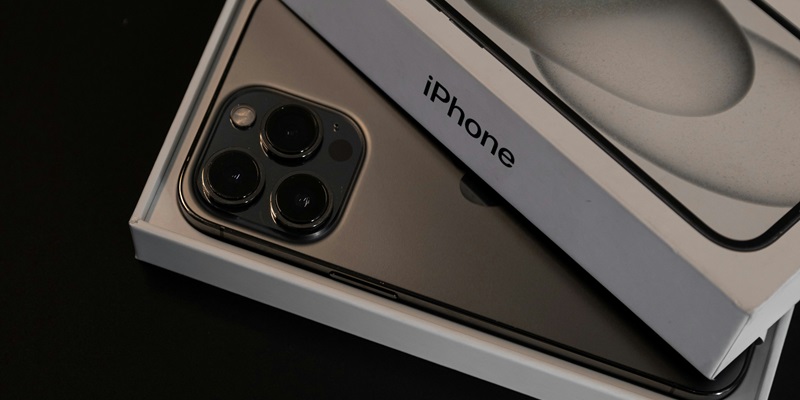Industry analyst Ming-Chi Kuo has provided insights into Apple’s upcoming iPhone 17 Pro Max, revealing that it will significantly distinguish itself from other models in the iPhone 17 lineup. This new flagship device will be the sole variant to feature 12 GB of RAM and will employ an advanced vapor chamber cooling system, as opposed to the graphite sheet cooling found in other models. These enhancements are not merely incremental but represent a substantial leap in hardware performance, setting the stage for Apple’s continued dominance in the high-end smartphone market.
The iPhone 17 series, which is set to launch after the yet-to-be-unveiled iPhone 16, will offer several notable upgrades across all models. Among these improvements are 120 Hz refresh rate screens, advanced selfie cameras, a sleek new “Slim/Air” model, and an option for 2 TB of storage. However, the defining features of the iPhone 17 Pro Max will be its 12 GB of RAM and vapor chamber cooling, which aim to elevate the device’s performance and thermal efficiency. This highlights Apple’s strategy to provide more compelling hardware advantages in its top-tier model, making it an attractive choice for consumers seeking the highest specifications.
Differentiation from Previous Pro Max Models
Traditionally, the distinction between Apple’s Pro Max models and their corresponding Pro versions has been minimal, often limited to larger screen sizes and slight camera improvements. However, starting with the iPhone 15 series, Apple began to introduce more significant differentiators, such as the periscope telephoto camera exclusive to the Pro Max variant. This trend of offering unique and enhanced features in the Pro Max models is expected to continue with the iPhone 17 Pro Max. The inclusion of 12 GB RAM and vapor chamber cooling emphasizes Apple’s commitment to setting its flagship device apart with exclusive performance-oriented upgrades.
The periscope telephoto camera in the iPhone 15 Pro Max was a defining feature that initially started this trend of more pronounced differentiation. The iPhone 17 Pro Max aims to take this a step further, providing users with enhanced performance capabilities through its advanced cooling system. Vapor chamber cooling is known for its superior ability to manage heat, making it especially beneficial for users who engage in demanding tasks like gaming and video editing. The additional RAM will also enable smoother multitasking and overall faster performance, making the device more capable for professional and power users alike.
Broader Trends in Apple’s Product Strategy
Industry analyst Ming-Chi Kuo has offered insights into Apple’s forthcoming iPhone 17 Pro Max, highlighting its unique features compared to other models in the iPhone 17 series. This flagship device will stand out as the only variant boasting 12 GB of RAM and an advanced vapor chamber cooling system, in contrast to the graphite sheet cooling employed in other models. These enhancements mark a significant leap in hardware performance, underscoring Apple’s aim to maintain its dominance in the premium smartphone market.
Expected to launch following the iPhone 16, the iPhone 17 series will introduce several noteworthy upgrades across all models. Enhancements will include 120 Hz refresh rate screens, improved selfie cameras, a sleek new “Slim/Air” model, and an option for 2 TB of storage. However, the standout features of the iPhone 17 Pro Max will be its 12 GB of RAM and advanced vapor chamber cooling, designed to boost both performance and thermal efficiency. This approach reflects Apple’s strategy of delivering significant hardware advantages in its top-tier model, appealing to consumers seeking high-end specifications.

